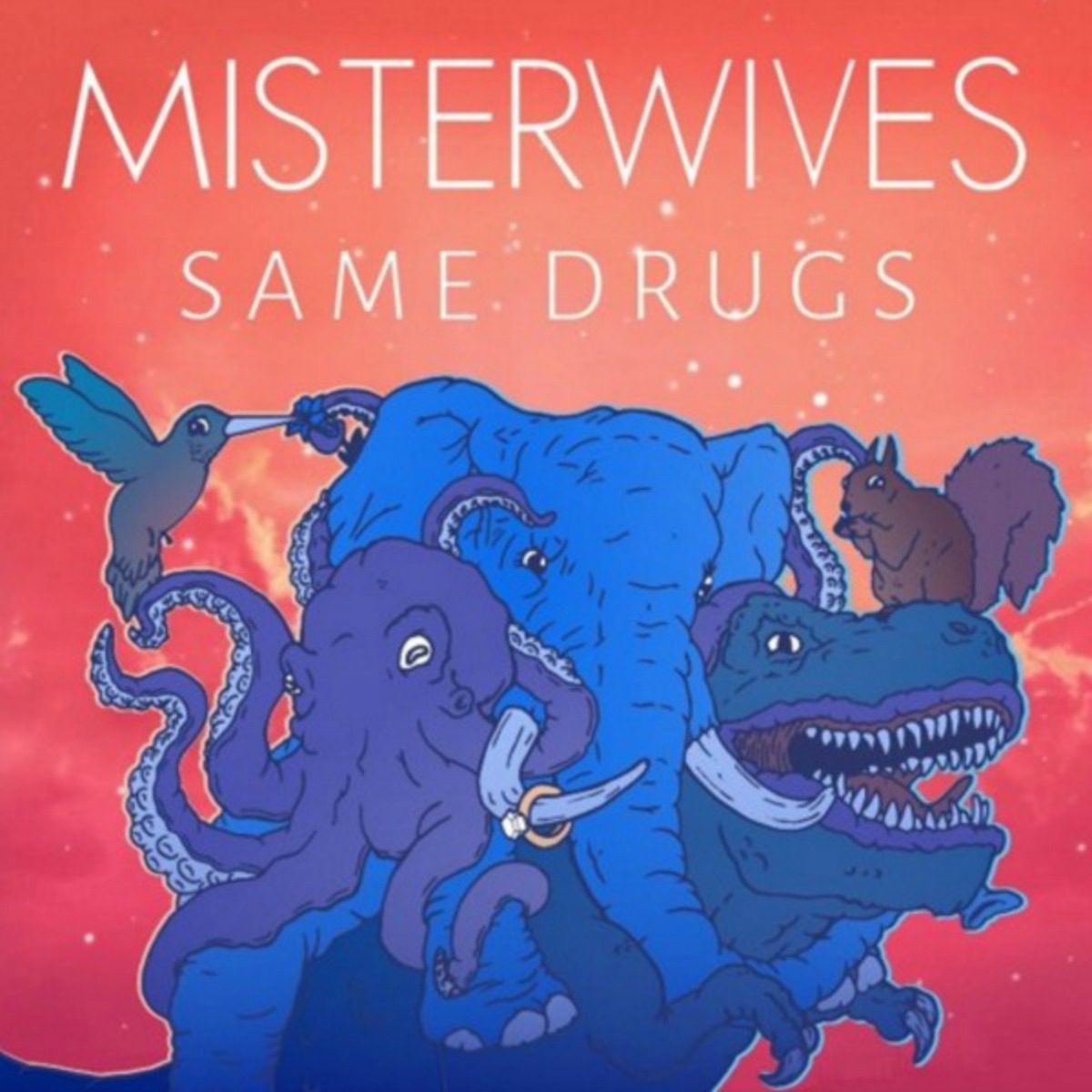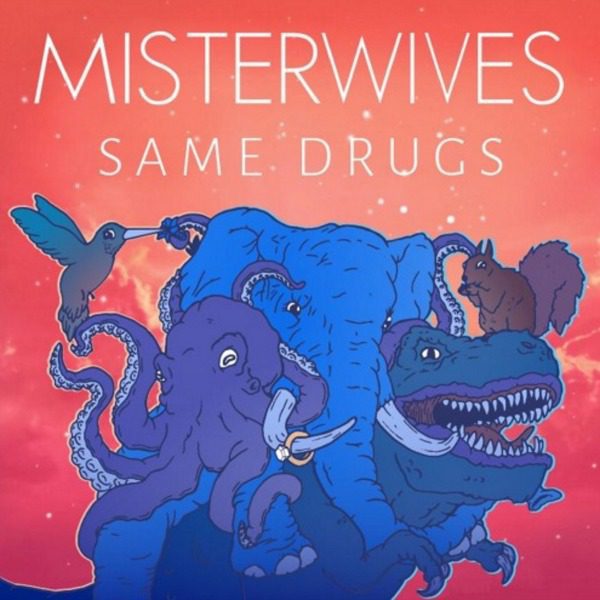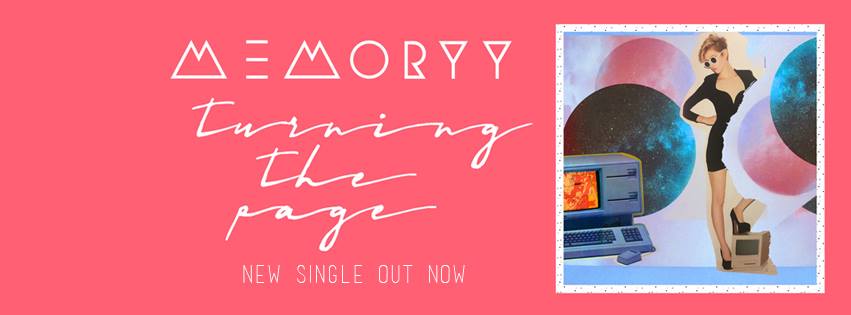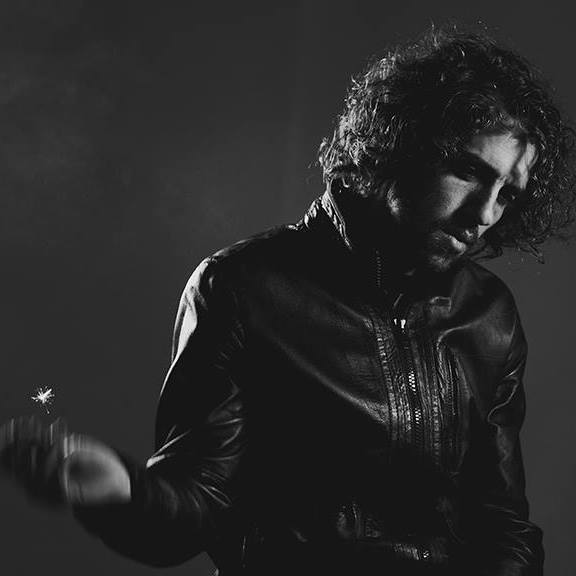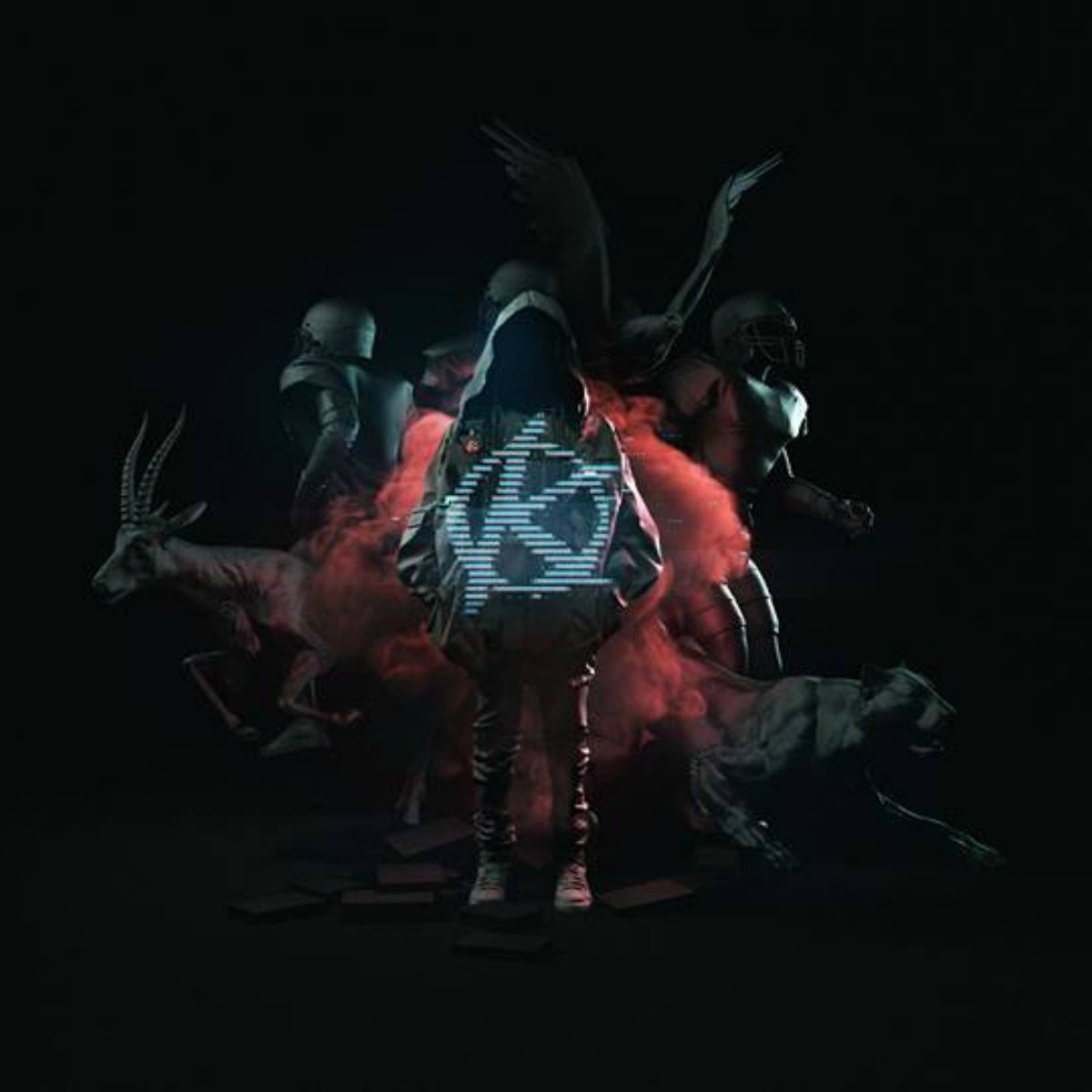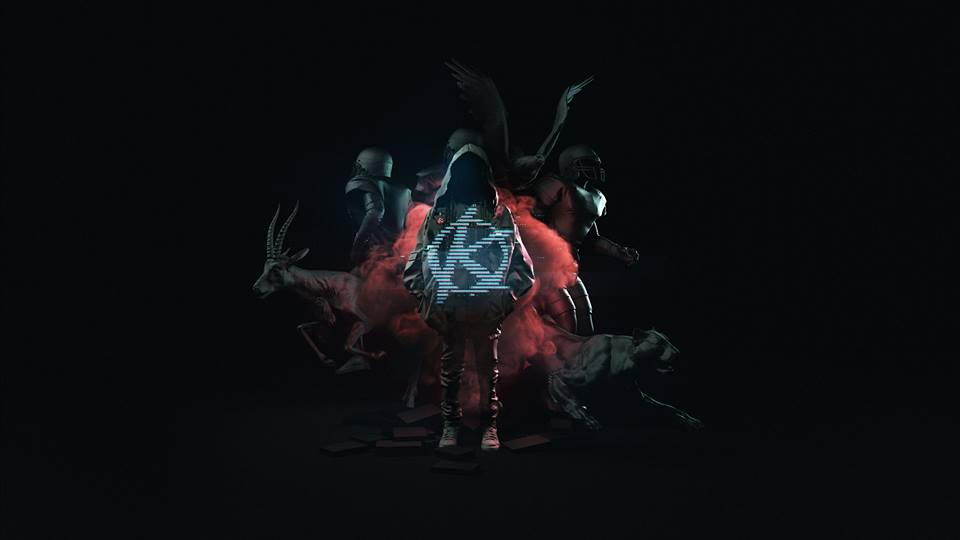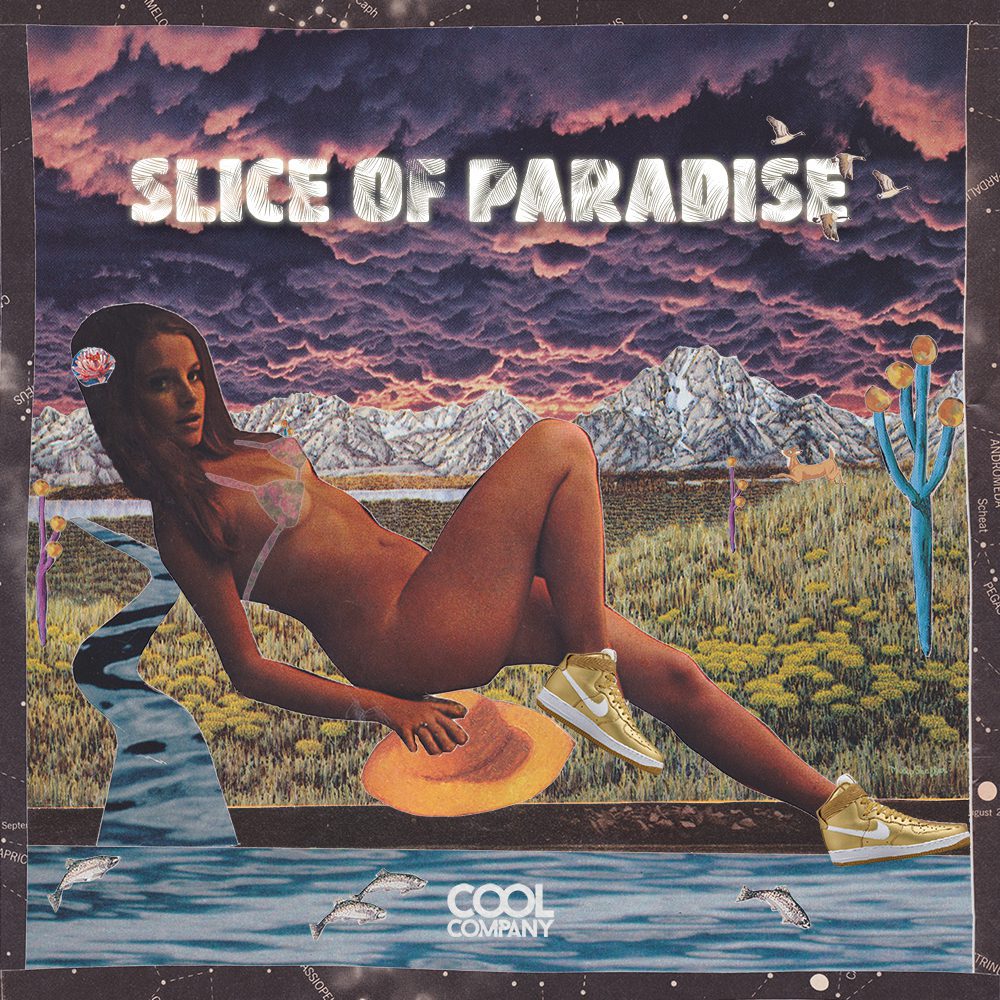BOOK REVIEW: Liz Phair Lights Up the Dark Side in Horror Stories Memoir


Liz Phair is a badass and always will be. Time has not dulled this truth teller. Her vulnerability is a weapon – honed and aware – and the world is better for it.
Earlier this month, she released her first book, Horror Stories, a raw, unexpected collection of 17 personal essays. This isn’t the drug-fueled, name-dropping adventures you’d expect from a rockstar memoir. It’s something different; quieter, more intimate. These are stories of love and loss that have shaped Phair’s life – those seemingly small, often painful moments that stick with you forever.
Phair first kicked us in the guts with Exile in Guyville in 1993, cutting through the alt-rock-bro scene with a self-assurance and sexuality not expected of women (on “Flower” Phair sweetly rounds “Every time I see your face I get all wet between my legs” with “I want to fuck you like a dog”). A visual artist at Oberlin, she started making the Girly-Sound tapes in Chicago, soon catching the attention of Matador Records with her lo-fi authenticity. Whip-Smart (1994) soon followed, solidifying her feminist icon status and earning two Grammy nominations.
I was 14 when I first heard Guyville. It was 1995, the internet was a newborn babe and I was stuck on an island 2,000 miles away from anything cool. But after a business trip to New York City, my dad came home with three albums that changed everything: Guyville, The Breeders’ Last Splash, and Alanis Morissette’s Jagged Little Pill (shout out to the angel with a nose piercing who pointed my old man in the right direction). That music was everything – girls with guitars speaking their truths, not worrying about looking or sounding perfect. Loud, angry and brutally honest, I was hooked and still am.
As the nineties closed and pop music dominated, Phair moved to Capitol records, releasing the more mainstream whitechocolatespaceegg (1998), Liz Phair (2003), and Somebody’s Miracle (2005) to brutal criticism as she gained public popularity. But by 2018, Phair began to experience something of a renaissance – reuniting with Matador to reissue Girly-Sound To Guyville: The 25th Anniversary Box Set, showcasing the original tracks with new unreleased songs. It was this project, along with the U.S. political fiasco and loss of iconic musicians in 2016, that inspired her to look closer at her own history. The confessional Horror Stories is part one, with part two, Fairy Tales (release date TBD), digging into more of the music.
Phair writes like she sings – confident, intimate, human. Exploring prose in a way that feels instinctual and original, and yet so classically her. “What I can’t articulate is the way my soul resides in my pussy; in my clitoris, to be exact. It’s not just biological tissue to me. It’s a whole different way of knowing.” Amen, sister.
Between tales of surviving the NYC blizzard and blackout are unguarded reflections on faith, monogamy, and motherhood. Each chapter a non-linear exposure of childhood embarrassment, teenage shame, and grownup regrets. Lines feel like song lyrics; her words giving shape to the sins we share. Regrets are punctuated with sharp bits of hilarity and pride.
From ignoring a drunk, passed-out freshman in the ladies room to breaking men’s hearts, Horror Stories exposes Phair’s behavior so that we can feel better about our own. She wants us to know that to be human is to be imperfect. And that’s beautiful. “We spend so much time hiding what we’re ashamed of, denying what we’re wounded by, and portraying ourselves as competent, successful individuals that we don’t always realize where and when we’ve gone missing. Our flaws and our failures make us relatable, not unlovable.”
And flaws she exposes, often unintentionally. The whiffs of white, affluent, attractive privilege are hard to ignore. She stumbles when faced with #MeToo. The chapter titled Hashtag gives light to her own painful and numerous sexual assaults, painting a stark picture of what it means to be a female trailblazer in a man’s world. But the message falls short when Phair is caught up in Ryan Adams’ NYTimes reckoning. “We are trapped in a culture of silence,” she writes, acknowledging her own denial being driven by ingrained coping mechanisms. Adams may be “hardly the worst monster” Phair has encountered, but her silence is disappointing and she knows it.
This week, Phair was in San Francisco for her book tour, joined on stage by MTV News alum Tabitha Soren. Presented by Noise Pop and City Arts & Lectures, they discussed the memoir and songs behind the stories. Today’s Phair is frank but polite, asking the audience if it’s okay to curse before gifting us this nugget: “When I made Guyville, I was sick of boyfriends and guys telling me what music was good. I think I just needed to say to them that it’s not that fucking hard.”
For over 25 years, Liz Phair has done the heavy lifting. She has put herself out there, writing songs that have been loved and eviscerated. The highs and lows, she says, have all been part of the plan. When Soren asks what drives her to create such intimate work, she responds, “I personally never feel stronger, never feel more powerful and more grounded to who I really am than when I have no armor on and I’m basically naked. Examining the weakest moments of our lives makes us stronger.”
The new music slated for early 2020 promises a return to her roots, reuniting with producer Brad Wood and engineer/guitarist Casey Rice, who both worked on the first three albums. “Good Side” is the first single, an easy palate cleanser, meant to balance out the darkness of the book.
Part of the magic of Phair’s music is in the space she leaves within it. Slowing down the tempo, drawing out chords to leave the lyrics bare. She closes the conversation in SF with her last confession: “[With this book] I wanted to slow down time, of the myriad things that happen to you that aren’t great enough to tell your friends or that you don’t want to tell anyone about. Things that have shaped you and driven you throughout your life. I just… I don’t want to fucking hide anymore.”













